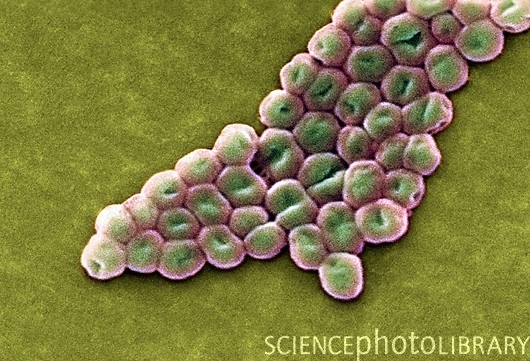The rapid emergence and spread of multi drug-resistant (MDR) bacteria is a major public health threat. This problem is further aggravated by the dearth of novel antibiotics. Out of the various antibiotics undergoing clinical trials only few reach the final phase above that the tendency of bacteria now to overcome or gain resistance to these antibiotics is very fast. With the emergence of genomics in the 1990s, the focus shifted to high-throughput screening campaigns, various alternate methods had started gaining attention. However, the inability of these synthetic compounds to penetrate into bacterial cells resulted in their failure. Thus, new discovery platforms are needed to identify lead antibacterial to expand the portfolio of antibiotics.
One of the non-conventional approaches that differ from the classic small-molecule antibiotics includes ‘lysins’. These are proteins that cut up the cell wall of bacteria and are a totally diverse way of rescinding bacteria. Further it is being proposed that chances of developing resistance are much lower in this case. Thus, in present study by exploiting the technology of protein engineering, new lysins were first developed. The name given was ‘VersaTile lysins’ and post iterative screening procedure, a lead variant with high antibacterial activity was identified. This variant showed greater efficiency against Acinetobacter baumannii in human serum and an ex vivo pig burn wound model. Finally, it seems that VersaTile has a broad potential for future applications, as the ‘construction kit method’ can also be used for other types of proteins that are of industrial or medical importance.
To read more, please visit Link







